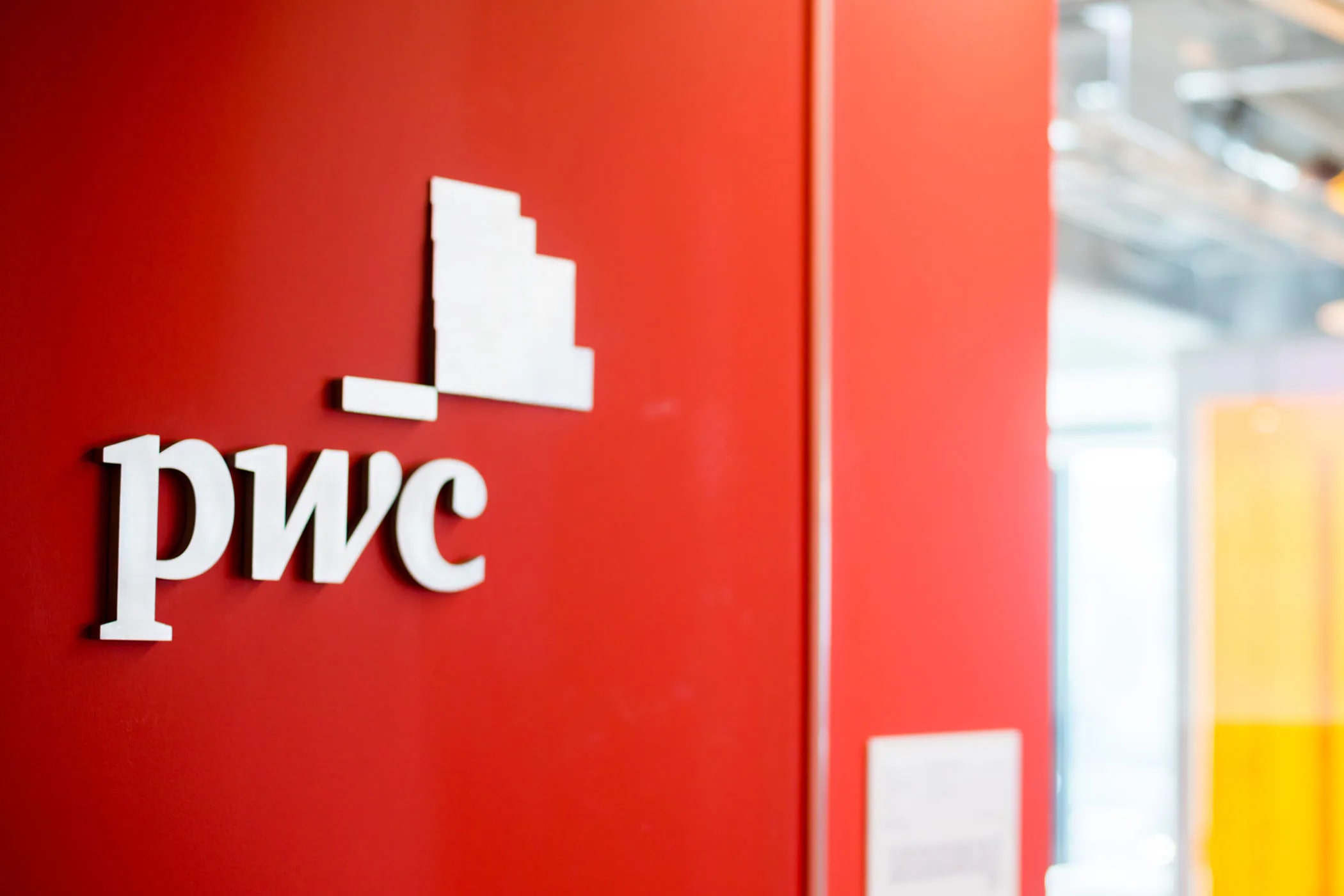
“Albanese has the chance to cut those union financial ties as a quid pro quo while cracking down on the chief Coalition source to distorting – not to say corrupting – our electoral system, writes columnist ROBERT MACKLIN.
There is a gaping hole at the centre of our democracy that is distorting – if not corrupting – our elections.
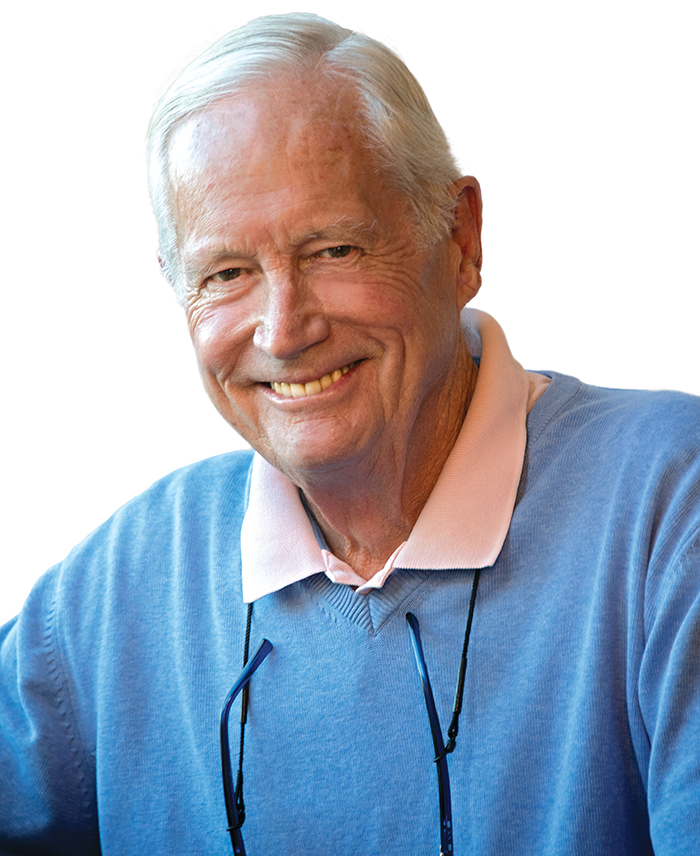
It sucks in the big money to political parties which repay in kind, whatever the cost to those of us who vote on the issues at play.
It makes a mockery of the true test of governance – one vote, one value. The parties use Socratic arguments to muddy the waters, but it is not only a blot on our system, it is fixable. And here’s the rub – it would be greatly to Prime Minister Anthony Albanese’s advantage to fix it… and I suspect he will.
The ideal, of course, is public financing of elections with a fair distribution of funds to candidates.
The most obvious example of the problem has been the big consulting firms – Deloitte, EY, KPMG and PwC – who collectively raked in more that $4 billion in federal government contracts over the past decade after an outlay of a mere fraction of their investment to the major parties.
This revealed a conflict of interest, which resulted in a PwC partner being booted off the Tax Practitioners Board. And they quickly broke off the tentacle of their operation that dealt directly with government and expected us to believe that gaping hole was closed, for them at least. Truth is, the damage was done.
According to the Centre for Public Integrity: “A peculiar feature of the Big Four’s donations is that they are largely party indiscriminate. Between 2012-13 and 2020-22, some 47.8 per cent were to the Labor Party, whereas 52.19 per cent were to the Coalition.
“[This] shows that their donations are unrelated to any ideological goal or end sought but are rather focused on currying favour with whoever may be in power. This trend in bipartisan donations has been observed among other large industries in Australia and characterised as a form of ‘state capture’.”
The Albanese government, through Katy Gallagher as Finance Minister, is embarked on the long, tedious task of returning some of the expensive expertise provided by the big four to the APS. Such is the speed of IT research, there will always be a gap between the multiple private frontiers and the public application. But at least that gaping hole can be minimised.
Traditionally, business big and small has backed the Coalition while the trade unions have been the mainstay of Labor. While private funding by businesses and connected individuals (such as developers) may be simply banned outright, Labor has claimed – correctly, if historically – that its members are exclusively the parliamentary expression of the unions’ ambitions.
That is no longer true, as the Big Four funding illustrated. More importantly, selective funding is now employed piecemeal by affiliated unions to particular factions of Labor, thereby giving them extra power within the party, often to the detriment of good policy, and always to the cost of unity within Labor leadership.
Albanese, on the left of the party suffers from the threat of the well-funded right wing, the bailiwick of his long-term opponent Bill Shorten whose eager leadership ambitions are still unrequited.
This provides Albanese with the chance to adopt a statesmanlike position that cuts those union ties as a quid pro quo while cracking down on the chief Coalition source to distorting – not to say corrupting – our electoral system.
Does he have the courage and the political finesse to pull it off? Well, If the neat way he dealt with Peter Dutton on the Stage 3 tax issue is any guide, I suspect that gaping hole at the centre of our democracy has an appointment with a political “shrink”.
Who can be trusted?
In a world of spin and confusion, there’s never been a more important time to support independent journalism in Canberra.
If you trust our work online and want to enforce the power of independent voices, I invite you to make a small contribution.
Every dollar of support is invested back into our journalism to help keep citynews.com.au strong and free.
Thank you,
Ian Meikle, editor
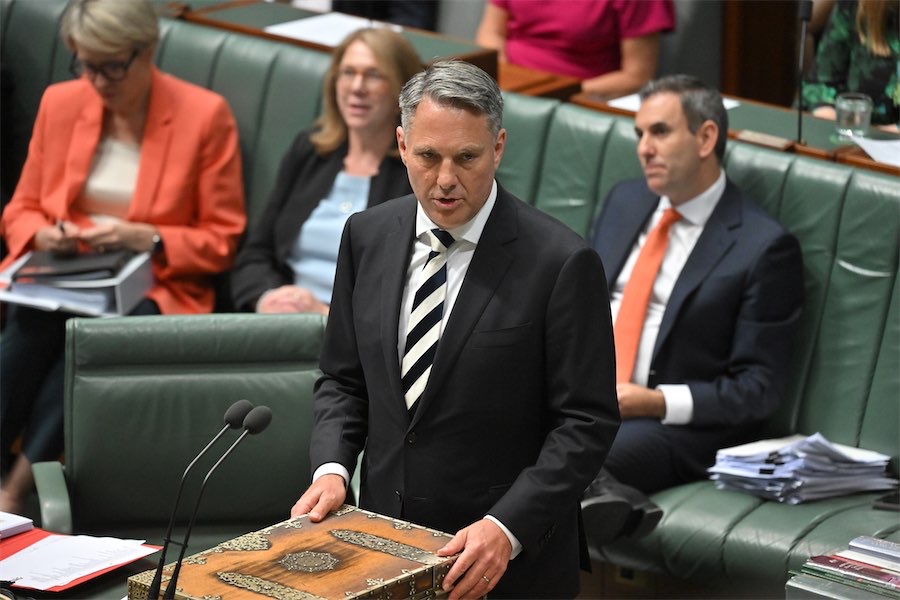
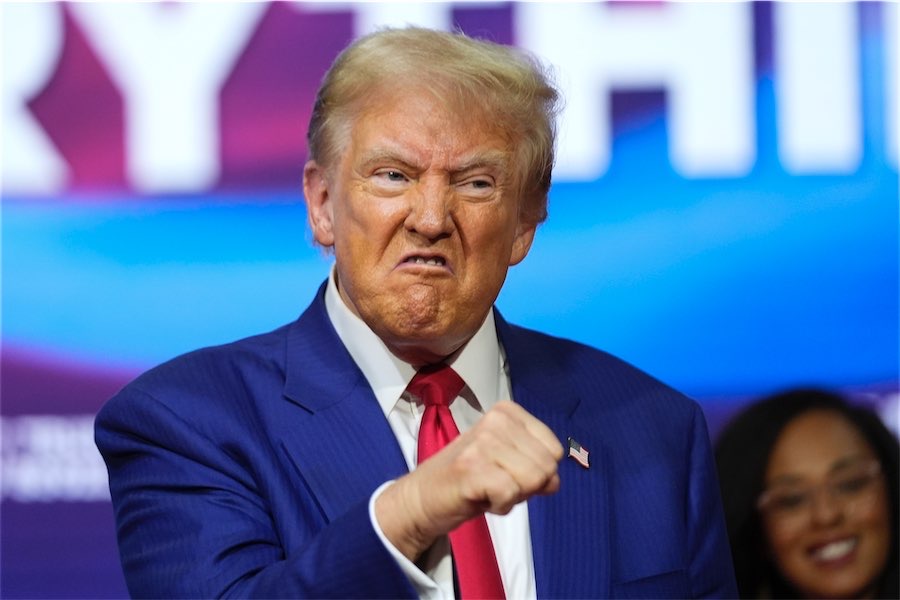
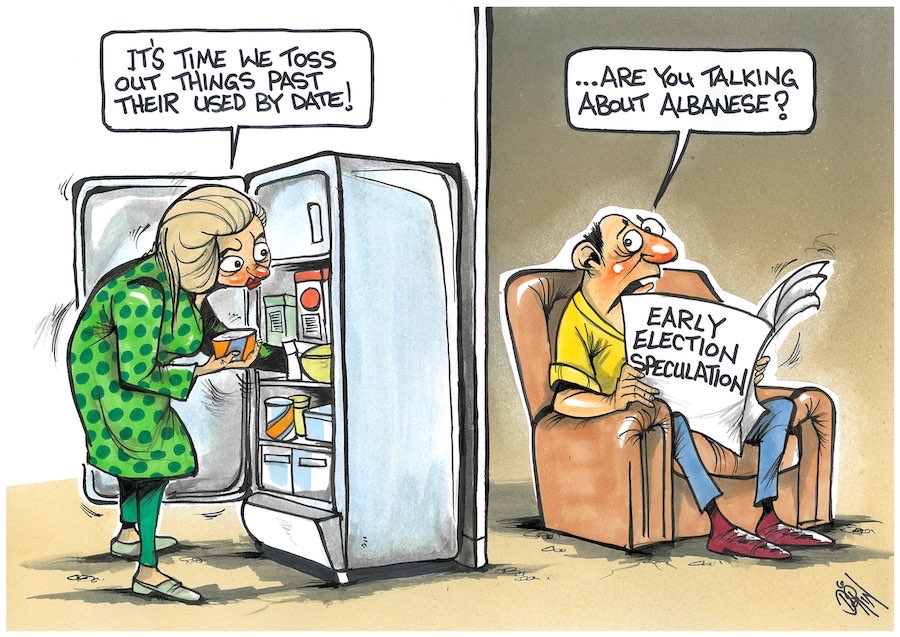

Leave a Reply